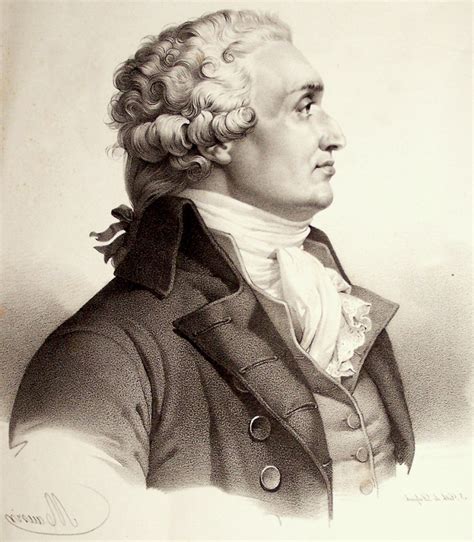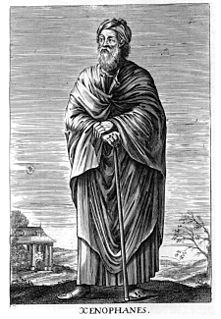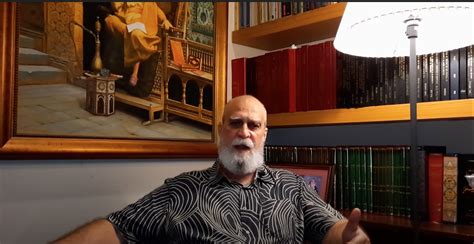A Quote by Stanislaw Lem
Man's quest for knowledge is an expanding series whose limit is infinity, but philosophy seeks to attain that limit at one blow, by a short circuit providing the certainty of complete and inalterable truth. Science meanwhile advances at its gradual pace, often slowing to a crawl, and for periods it even walks in place, but eventually it reaches the various ultimate trenches dug by philosophical thought, and, quite heedless of the fact that it is not supposed to be able to cross those final barriers to the intellect, goes right on.
Quote Topics
Able
Advances
Attain
Barriers
Blow
Certainty
Circuit
Complete
Crawl
Cross
Dug
Even
Eventually
Expanding
Fact
Final
Goes
Gradual
Infinity
Intellect
Knowledge
Limit
Man
Meanwhile
Often
Pace
Periods
Philosophical
Philosophy
Place
Providing
Quest
Quite
Right
Science
Seeks
Series
Short
Short Circuit
Slowing
Supposed
Supposed To Be
Those
Thought
Trenches
Truth
Ultimate
Various
Walks
Whose
Related Quotes
The aim of the book is to set a limit to thought, or rather - not to thought, but to the expression of thoughts: for in order to be able to set a limit to thought, we should have to find both sides of the limit thinkable (i.e. we should have to be able to think what cannot be thought). It will therefore only be in language that the limit can be set, and what lies on the other side of the limit will simply be nonsense.
A great man, who was convinced that the truths of political and moral science are capable of the same certainty as those that form the system of physical science, even in those branches like astronomy that seem to approximate mathematical certainty. He cherished this belief, for it led to the consoling hope that humanity would inevitably make progress toward a state of happiness and improved character even as it has already done in its knowledge of the truth.
All those formal systems, in mathematics and physics and the philosophy of science, which claim to give foundations for certain truth are surely mistaken. I am tempted to say that we do not look for truth, but for knowledge. But I dislike this form of words, for two reasons. First of all, we do look for truth, however we define it, it is what we find that is knowledge. And second, what we fail to find is not truth, but certainty; the nature of truth is exactly the knowledge that we do find.
Live and act within the limit of your knowledge and keep expanding it to the limit of your life. Redeem your mind from the hockshops of authority. Accept the fact that you are not omniscient, but playing a zombie will not give you omniscience-that your mind is fallible, but becoming mindless will not make you infallible-that an error made on your own is safer than ten truths accepted on faith, because the first leaves you the means to correct it, but the second destroys your capacity to distinguish truth from error.
The question for the ultimate foundations and the ultimate meaning of mathematics remains open; we do not know in which direction it will find its final solution nor even whether a final objective answer can be expected at all. "Mathematizing" may well be a creative activity of man, like language or music, of primary originality, whose historical decisions defy complete objective rationalization.
The ultimate goal of radical politics is gradually to displace the limit of social exclusions, empowering the excluded agents (sexual and ethnic minorities) by creating marginal spaces in which they can articulate and question their identity. Radical politics thus becomes an endless mocking parody and provocation, a gradual process of reidentification in which there are not final victories and ultimate demarcations



































